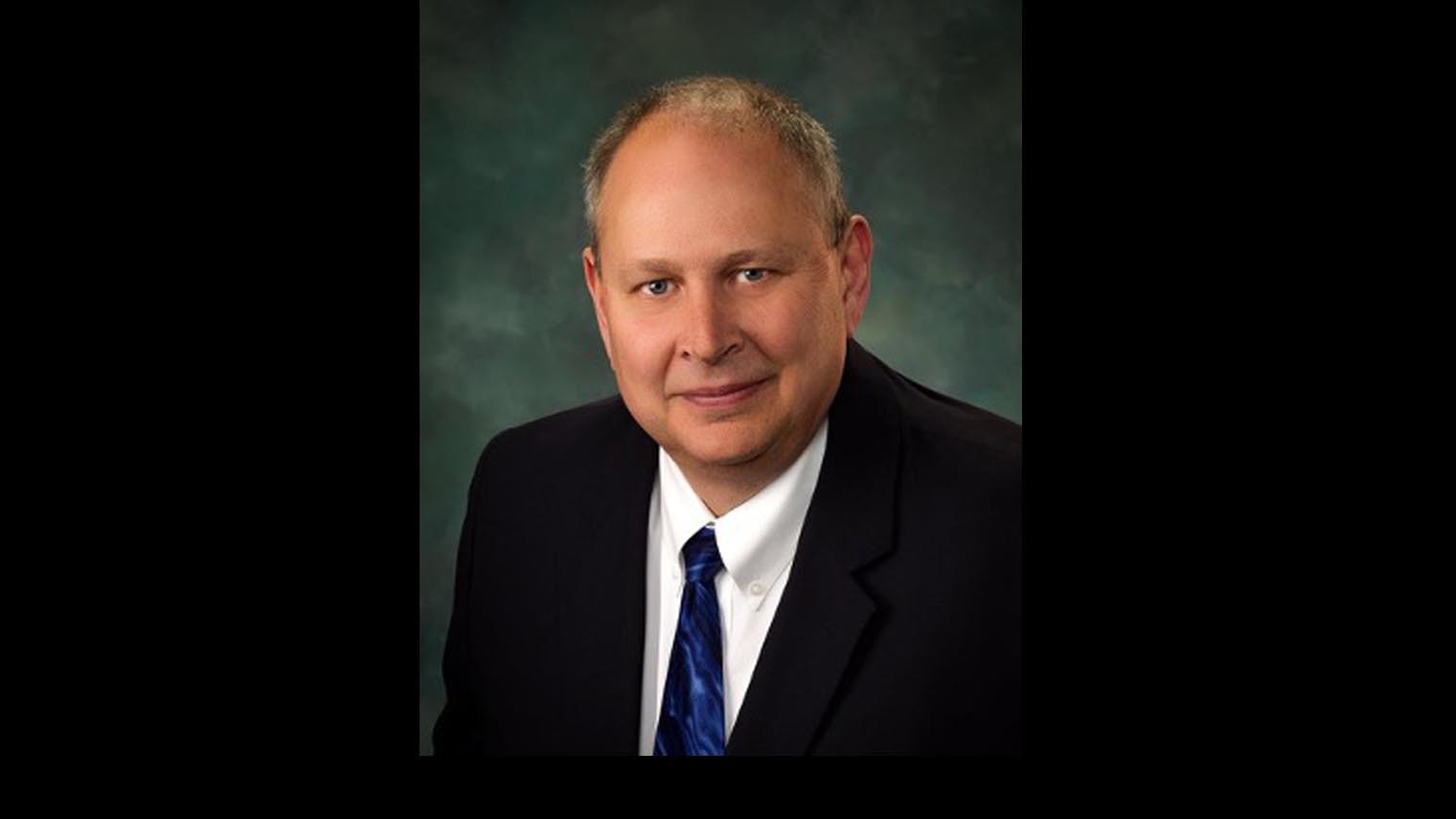One of the things Wyoming can do to attract investment in the state, is to minimize political risk. In a series of columns, we will discuss what political risk is and those things Wyoming policy makers should be considering to minimize political risk.
Political risk is the type of risk which businesses assess when they decide if they want to do business in a particular state or country. With limited investment dollars available, Lcorporations assess political risk as one of the factors in deciding to locate a business in an area.
Political risk is defined as the type of risk associated with complications caused by government decisions and how they affect the operation of a business. The higher the political risk, the lower the chance business is conducted.
Corporations and large funding organizations have an option as to where to invest their dollars. If the political risk in the Wyoming is too high, operations – and the jobs associated with those operations – are shifted to places as far away as Indonesia.
Let’s begin this journey by examining federal political risk. Federal risk is a fact of life in Wyoming.
Forty-eight percent of Wyoming surface lands, and about seventy-five percent of its minerals are owned by the federal government. On top of ownership of property, the federal government regulates much of our lands, business and wildlife. Like it or not, Wyoming is stuck with the federal government and its whims as a business partner.
Federal government ownership of lands, as well as federal regulatory policies create huge and largely uncontrollable political risk in Wyoming.
For example, the recent congressional action (P.L. 117-169, Sec. 50262, page 240) increased oil and gas royalties on federal lands from 12.5% to 16.67%. The decision is purely political. Suddenly, and with the stroke of a pen, development operations of federal minerals just became over four percent more expensive.
Today, the EPA announced new rules affecting fossil fueled power plants. All coal-fired power plants must be shuttered by 2032, or be converted to gas and shuttered by 2039. In the alternative, the fossil fuel driven power plants can add carbon sequestration facilities and stay open.
Consequently, cost are increased. Jobs, development and economic prosperity is shifted elsewhere to the expense of the mineral producing states like Wyoming.
Federal whims are directly affecting the Wyoming economic future. The federal government is no longer leasing more coal. Soon, the mines will run out of coal, and there will be nothing to mine. Mining will change. As a result, Wyoming will lose jobs and taxpayers.
Federal courts have determined that environmental externalities must be included in the considerations to lease lands for oil and gas exploration. Those externalities will raise the cost of oil and gas production. Hydrocarbon production will change.
The Bureau of Land Management is proposing to add conservation as an equal priority in its multiple use doctrine. Use of public lands will change affecting agriculture and mineral production.
The folks of Wyoming will have to pay many of the costs of those decisions.
If federal policies cause a large portion of our economy to decline, Wyoming will have to fill the void left by the declining minerals industry. (Forty-Five percent of property taxes are paid by the minerals industry, and is some years, even more. If the now-vetoed property tax relief would have passed, the percentage of property tax paid by industry would be an even higher percentage.)
Empty rallying cries like, “We’ll take back the federal lands” seem like good fodder for voters, but short of a major upheaval in Washington, D.C., it is unlikely those lands will ever fall out of the hands of Uncle Sam. Lots of Wyoming politicians pay lots of lip service to the topic, but nothing ever happens.
The Sagebrush Rebellion of the 1980’s was an example of a rebellion against federal government ownership of the west. The movement made a lot of noise, but nothing happened.
Now, we hear the same cry from a new generation of politicians. While the politicians make promises, don’t expect anything to happen. Here’s why.
No U.S. senator from Connecticut, for example, is going to vote to cede federal lands to the citizens of Wyoming. The reason for not turning loose the federal lands is the people in Connecticut view the federal lands as their own.
What motivation does any eastern federal politician have to turn over management of lands and the income off of those lands to Wyoming? None.
Wyoming needs to be nimble and prescient. We need to be wise with our litigation strategies as well. If we can anticipate the future, we can position ourselves, so we are not crippled by decisions outside our control. If we can create the motivation to transfer the lands, then perhaps we might see some traction.
But events like the wolf incident in Daniel indicate to the rest of the world that Wyoming is unable to manage its lands and wildlife. The motivation by policy makers in the East to transfer to control to Wyoming disappears.
If Wyoming can convince the rest of the country that it can manage its lands and wildlife cheaper and for the benefit of all of the country, not just the citizens of Wyoming, its plans for primacy of local management might stand a chance. Developing policy that considers, not ignores, the rest of the country may give us hope for control of our federal lands.
But, just waving flags, shouting rallying cries and stomping our feet will do nothing except entrench our federal partners in exerting control over our futures.





